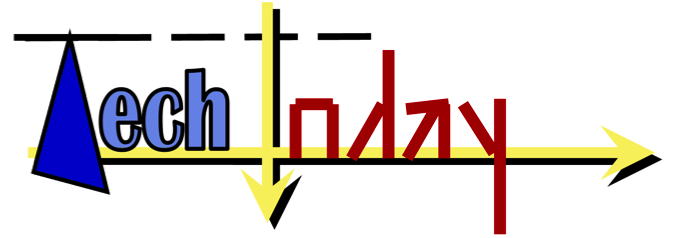Alan Thomas, marketing at ZwickRoell, highlights the benefits associated with automated or robotic testing systems currently available to the pharmaceutical and medical sectors.
ZwickRoell’s discussions with pharmaceutical companies identified the need for a single testing system for autoinjectors that could perform the following standard tests in compliance with EN ISO 11608-5:
Removal force of safety cap Activation force and displacement Injector timing Delivered drug volume, including the last drops Effective needle length Safety of needle guardFully automated solutions range from easy-to-use smart robots only used for feeding and removing the injector, to complex robotic systems which are used to load specimens into multiple testing machines in parallel. With the latter, fully automated daily checks can be implemented, results/events can be uploaded into the customer’s IT system and injectors can be sorted by specified tolerances.
Fully automated breakaway & glide force determination
The glide force test is based on the following standards: ISO 7886-1, ISO 11499, and ISO 11040-4. Breakaway force and glide force are important parameters used to select the most suitable syringe. These forces may not exceed or fall below defined limits to ensure the delivery of a safe drug dose. Forces are influenced by the viscosity and molecular size of the drug.
ZwickRoell’s roboTest offers fully automated breakaway and glide force testing capability (Figure 1). A robotic gripping arm takes one of the 30 syringes from the magazine table, places it in the testing machine and starts the determination of the glide force. After the test, the robot places the syringe back in its original location in the storage magazine.
Fully automated pen injector testing
The most important requirements when testing medical products is the reproducibility of results and the minimisation of operator influences. To meet these requirements, ZwickRoell has developed automated systems for testing pharmaceutical pens. Single-use pens are disposed after the contents of the cartridge are dispensed, whereas reusable pens can be used year after year. ISO 11608 Parts 1-3 define the standard used for quality assurance tests on insulin pens and cartridges. As with autoinjectors, fully automated solutions range from simple smart robots used for feeding and removing, to robots that operate multiple machines in parallel.
Key benefits of automation
Industry 4.0
The autoEdition3 software controls the robotic testing system. It is based on the principles of Industry 4.0: decentralised intelligence, parallel processes, standardised interfaces, and real-time optimisation. The roboTest testing systems allow ZwickRoell to achieve higher specimen throughput in comparison with traditional, sequentially controlled systems.
Traceability
Everything must be completely traceable. ZwickRoell’s testXpert III testing software allows complete, tamper-proof documentation of all actions performed in testXpert III. The user defines the level at which actions are to be logged and explained according to requirements (e.g. this may mean that each change made to a test-relevant parameter such as test speed is recorded in full). Together with user management already integrated in testXpert III, this option provides the ideal tool for fulfilling the requirements of US FDA 21 CFR Part 11.
Providing easy access to quality characteristics as well as protection from tampering at the same time allows manufacturers to optimise their processes and sustain improvements in product quality for safety-related products.
Automatic daily check tools
Daily check tools are used to check sensors regularly for force, mass, or displacement. They recognise systematic measurement errors in the sensors and notify the responsible person immediately. Normally, this takes place daily. In addition to the manual version in which the user engages and monitors the daily check tool, ZwickRoell also offers a fully automated version in which all steps are handled via automation. The results are traceably recorded in a log file. If the results deviate outside acceptable limits, the system stops, and the user is notified.

 1 year ago
72
1 year ago
72 

